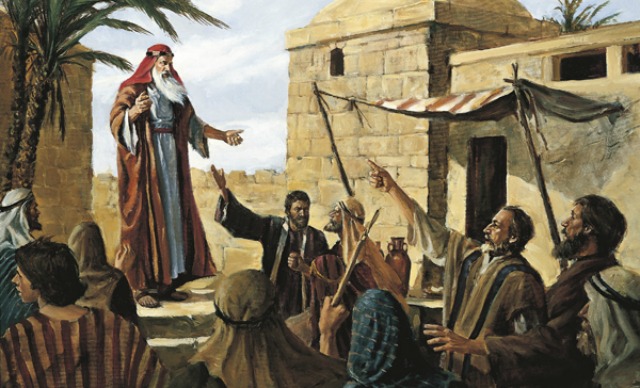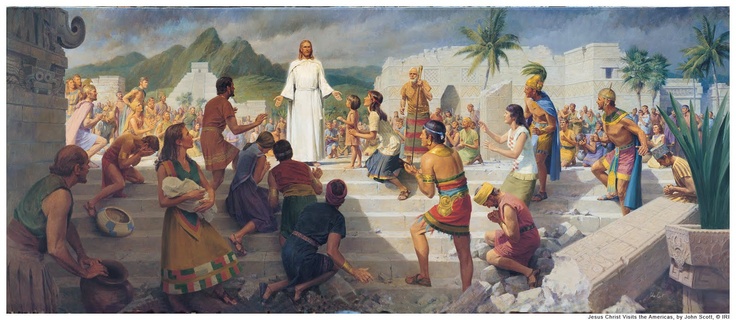Question
Gramps,
How did Lehi get into the tribe of Manasseh if he came from Jerusalem (Judah)?
Dallas
Answer
Dallas,
It is interesting how reading something quickly can lead us to believe certain assumptions. But a closer reading reveals how some assumptions may be incorrect.
We don’t know whether Lehi actually lived in Jerusalem proper. In fact there is evidence that he did not. Many of the cities round about were so much smaller that anything within many miles would have been considered “at Jerusalem” (1 Ne 1:4). The city of Gilgal (in the territory of Manasseh) was a mere 15 miles or so from Jerusalem.
According to an Ensign article published in 1976 by John W. Welch he states:
We are not told where Lehi was born and raised, but we do know that he was not a member of the tribe of Judah. Lehi’s tribe was Manasseh (Alma 10:3), one of the tribes of the northern kingdom of Israel, whose population had been deeply humiliated and partially taken into captivity by the Assyrians in 722 B.C.
If you recall, Nephi and his brethren had to go “down to the land of our inheritance” (1 Ne 3:22) to retrieve all their wealth to buy the brass plates from Laban. Gilgal would have been the most likely city for a family from the tribe of Manasseh to live in if they were to be considered “at Jerusalem.” Not only that, but they could have lived even closer to Jerusalem (outside the city of Gilgal) and still have lived in the “land of their inheritance.”
The narrative as directly read seems to only take a couple of days because it is written on so few pages. But Sariah was mourning over the death of her sons because it was taking them so long to get the plates. She assumed they must have died.
A 15 mile trip would have taken two or three days (or more) walking to Gilgal (there are some mountains in that terrain that would slow them down). Then, to carry all the wealth back they must have had beast of burden. So, that trip would have been faster. It could have taken four or five days total to make that trip. Perhaps they rested for a while, perhaps not.
Regardless of where Lehi’s family lived, I believe it would be incorrect to believe that ONLY those of a particular tribe lived in the lands of their inheritance. The division of lands outlined in the Book of Joshua were supposed to be initial conditions only. People do migrate. And Jerusalem was the capital city — the largest city. They would have had people from many tribes there. King David, himself, lived in Jerusalem as king even though he was from the tribe of Benjamin.
Was Jerusalem populated by people solely from the tribe of Judah? I can’t really find anything that says so definitively. But regardless, it appears that Lehi probably didn’t actually live in Jerusalem Proper. He did live somewhat close by.
Gramps







